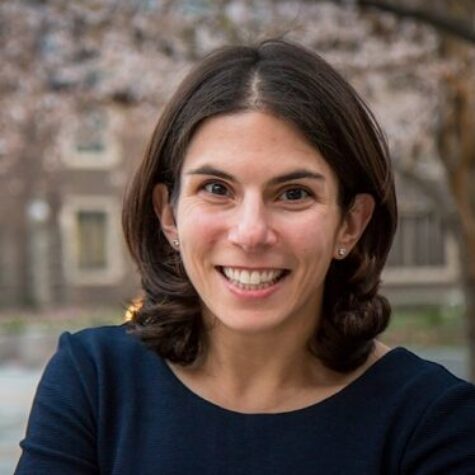Airline Fuel Loading: Existing Airline Practices and Future Federal Regulations
Funded by the FAA, with support from the Kleinman Center, Dr. Megan Ryerson co-affiliated with the City and Regional Planning Department (School of Design) and the Department of Electrical and Systems Engineering (School of Engineering and Applied Science) and Dr. Mark Hansen from UC-Berkeley are investigating changes in FAA policy regarding airline discretionary fuel loads. Upon establishing the cost to carry discretionary fuel, her research will focus on the structure and the impact of new federal regulations on discretionary fuel. Should the FAA set limits on the quantity of discretionary fuel that can be loaded? How would airlines adopt such limits?
While all flights must carry enough fuel to execute the mission as planned (called mission fuel) and federally-mandated fuel to provide a buffer for any unplanned events during the flight (called reserve fuel), flights may also carry discretionary fuel. This discretionary fuel provides an extra buffer over and above the reserve fuel in case there are unplanned events; however, because aircraft fuel consumption is related to weight, there is a cost to carry (in terms of additional fuel burned) this discretionary fuel.
Grant Result
Air transportation contributes 8% of transportation greenhouse gas emissions in the U.S. and 10.6% of transportation emissions globally. Airlines and Air Navigation Service Providers are united in their goal to reduce fuel consumption.
Megan Ryerson

